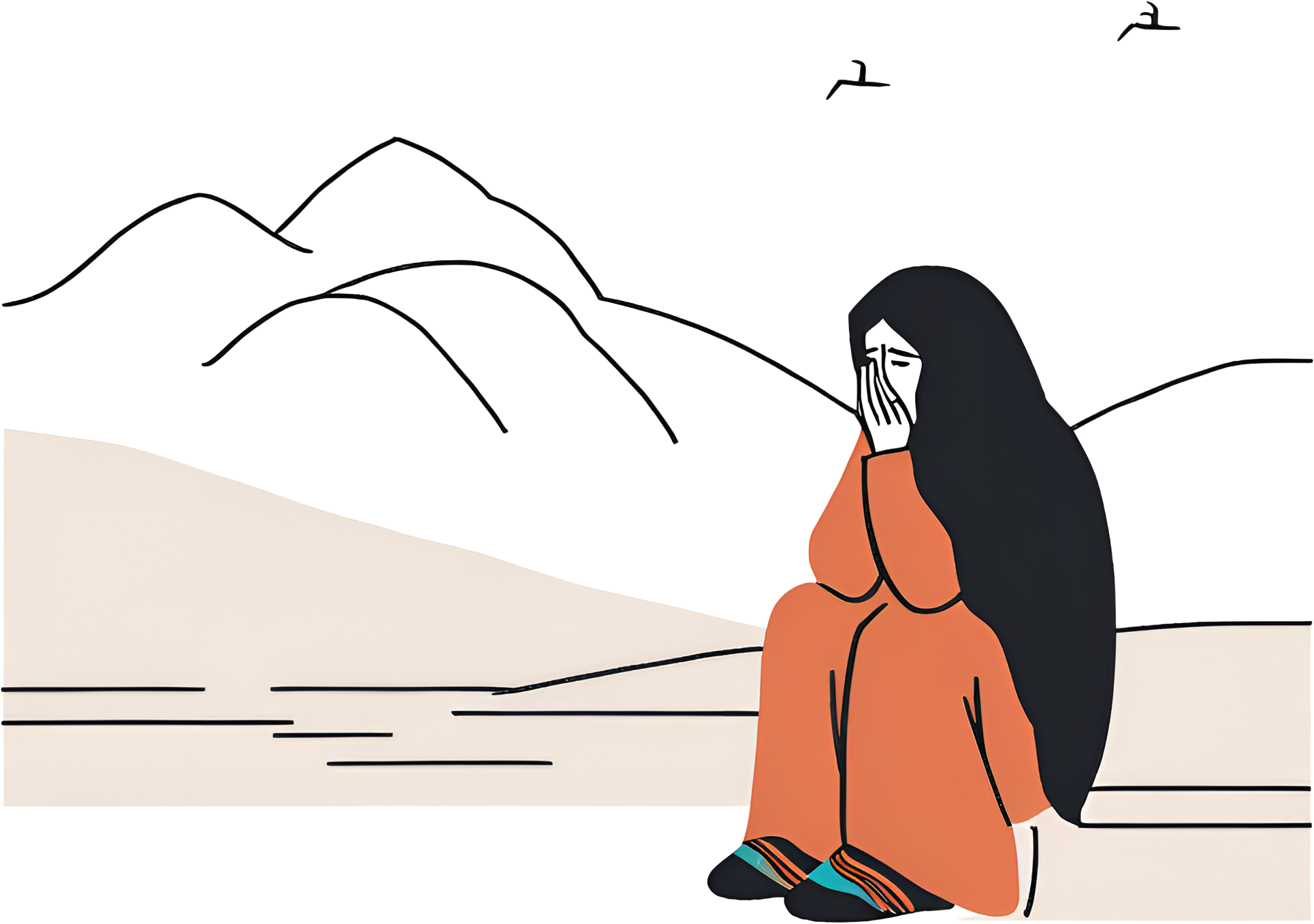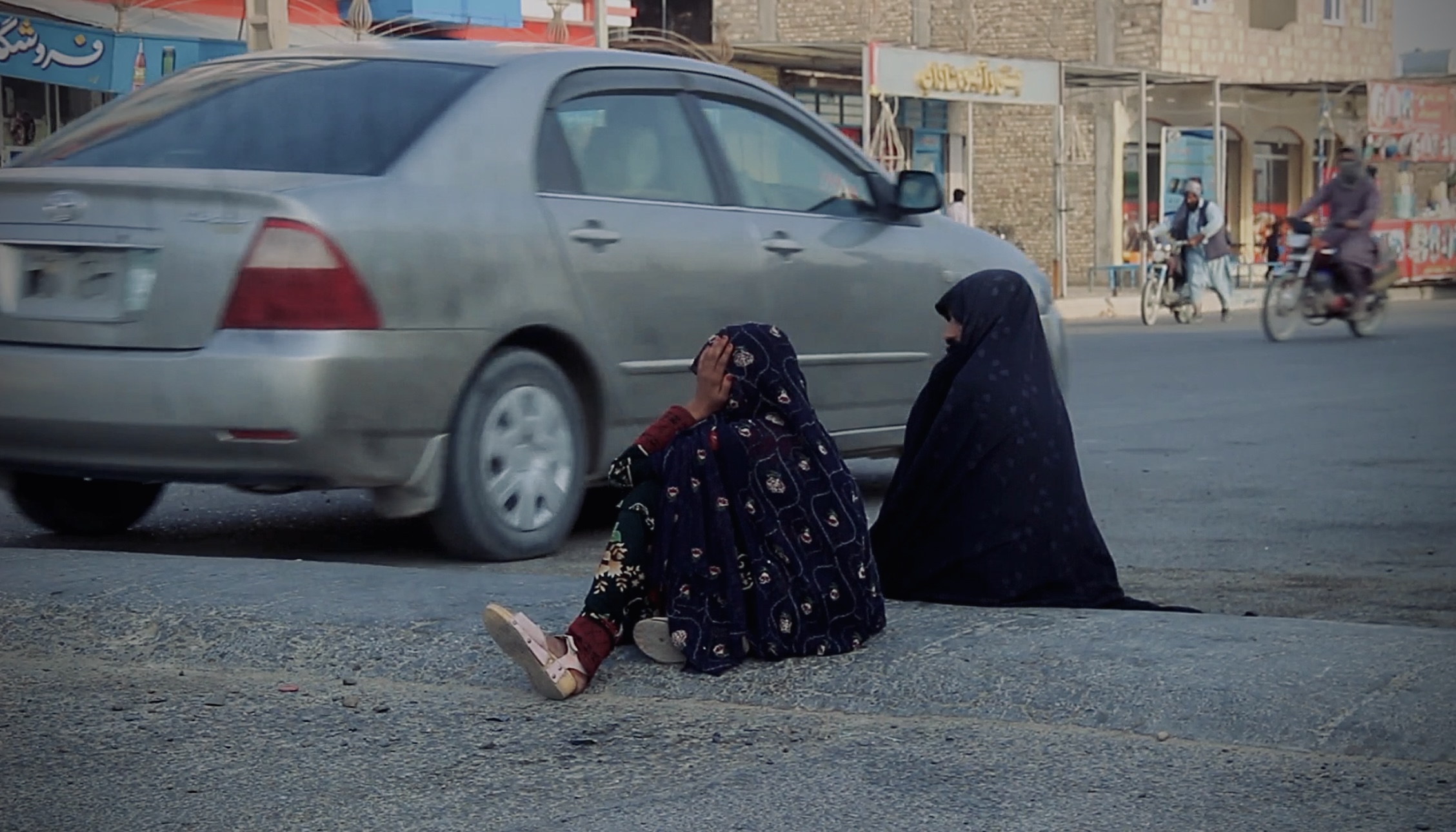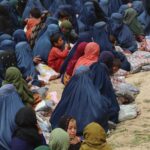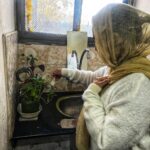Three years ago, the Taliban seized control of Afghanistan, dramatically altering the social and political landscape. The takeover marked the beginning of a period of stringent rule that has significantly impacted the lives of Afghan women. Under Taliban rule, the advances made in women’s rights over the past two decades have been systematically dismantled, leading to widespread international condemnation and profound distress among Afghan women and girls.
In the past three years, the Taliban have implemented numerous restrictive measures aimed specifically at curbing the freedoms and rights of women. Education for women and girls beyond primary school has been largely banned, effectively erasing years of progress in female literacy and empowerment. Women have been barred from most forms of employment, stripping them of economic independence and reinforcing traditional, patriarchal norms. The Taliban’s policies have also severely restricted women’s mobility and visibility in public life, mandating strict dress codes and requiring male guardians for travel.
These oppressive measures have exacted a heavy toll on Afghan women, who now face an uncertain and perilous future. The erosion of educational and employment opportunities has left many women feeling hopeless and marginalized. Human rights organizations report increased rates of forced marriages and domestic violence, as the Taliban’s draconian laws exacerbate an already fragile situation.
Impact of Taliban Restrictions on Afghan Women and Girls August 2021-August 2024
August 2021
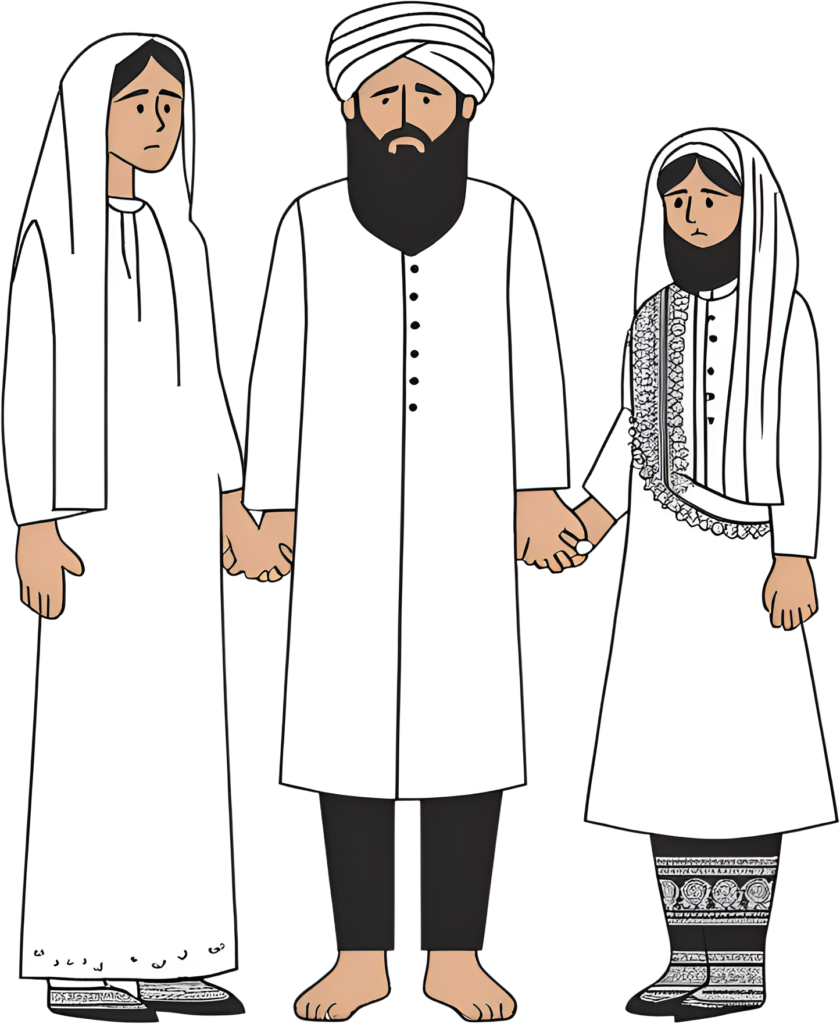
August 13: Ordered local authorities to compile lists of unmarried women for marriage to Taliban fighters.
Affected: Approximately 20-30% of Afghan women in relevant age groups, around 3.5 million.
August 25: Begin ordering women to stay at home.
Affected: Virtually all Afghan women and girls, approximately 18.5 million.
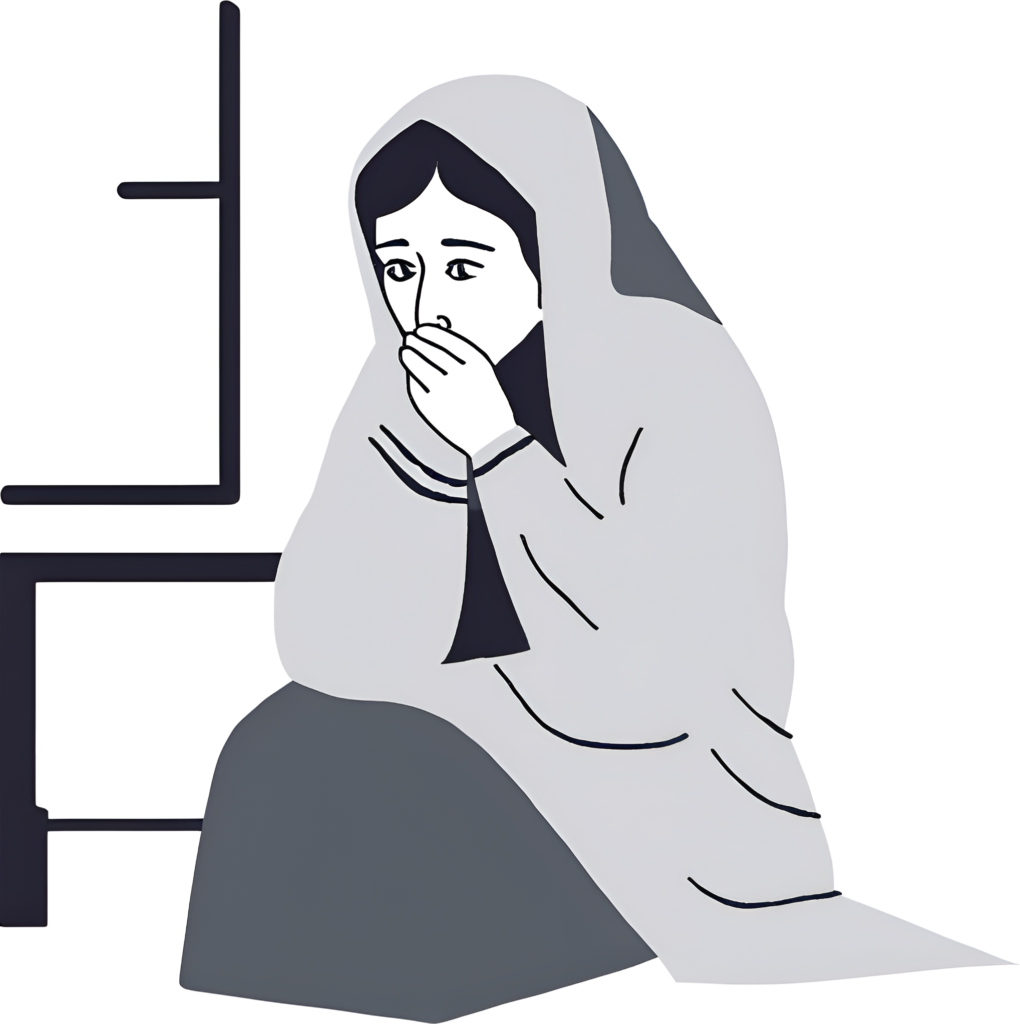
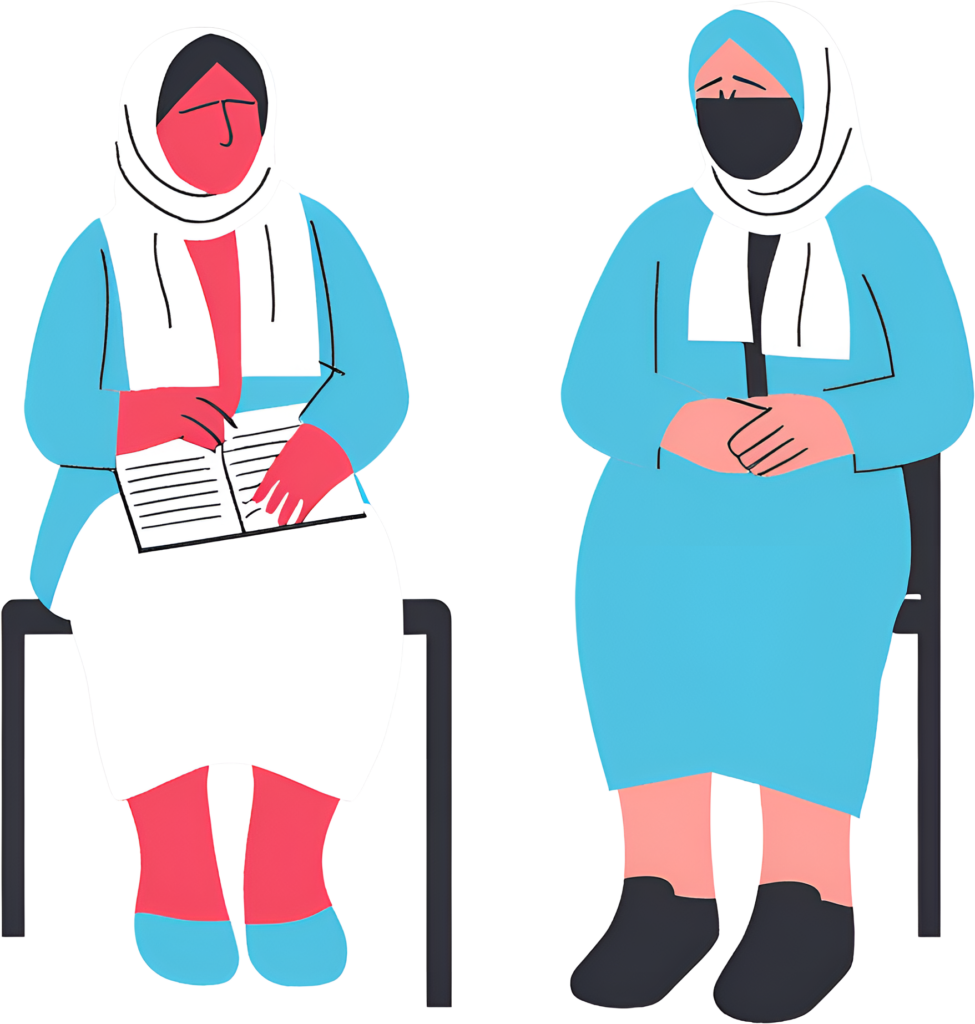
August 30: Banned co-education and prohibited men from teaching women.
Affected: About 4.2 million female students and over 20,000 female educators.
September 2021
September 8: Prohibited protests without Taliban approval.
Affected: Thousands of women involved in protests and advocacy.
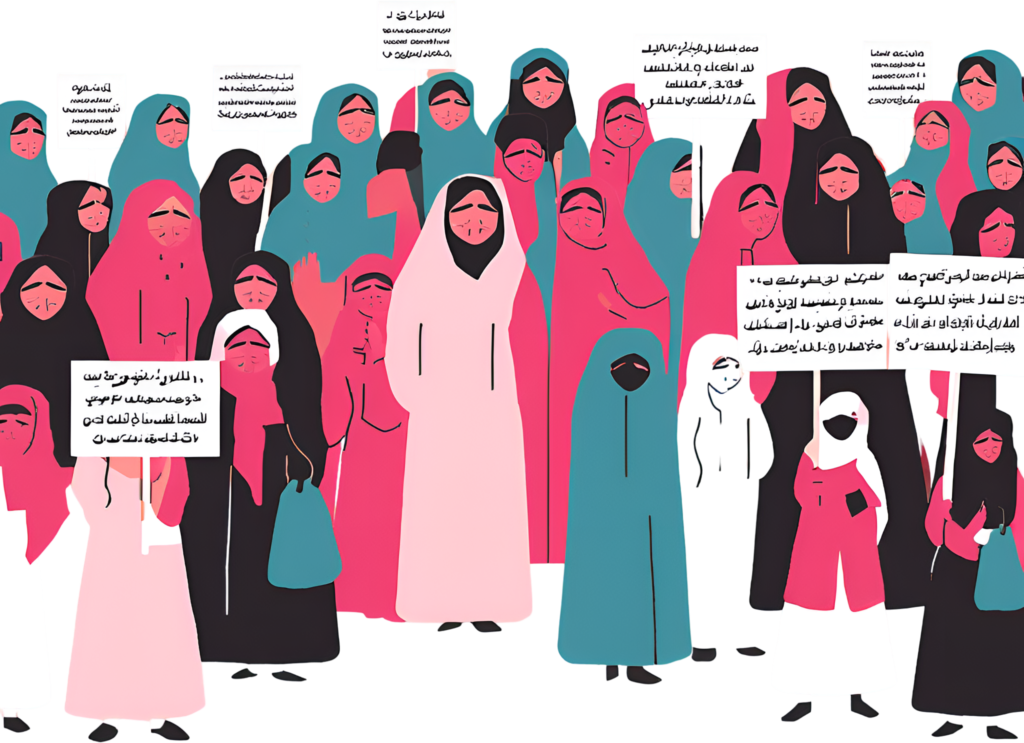
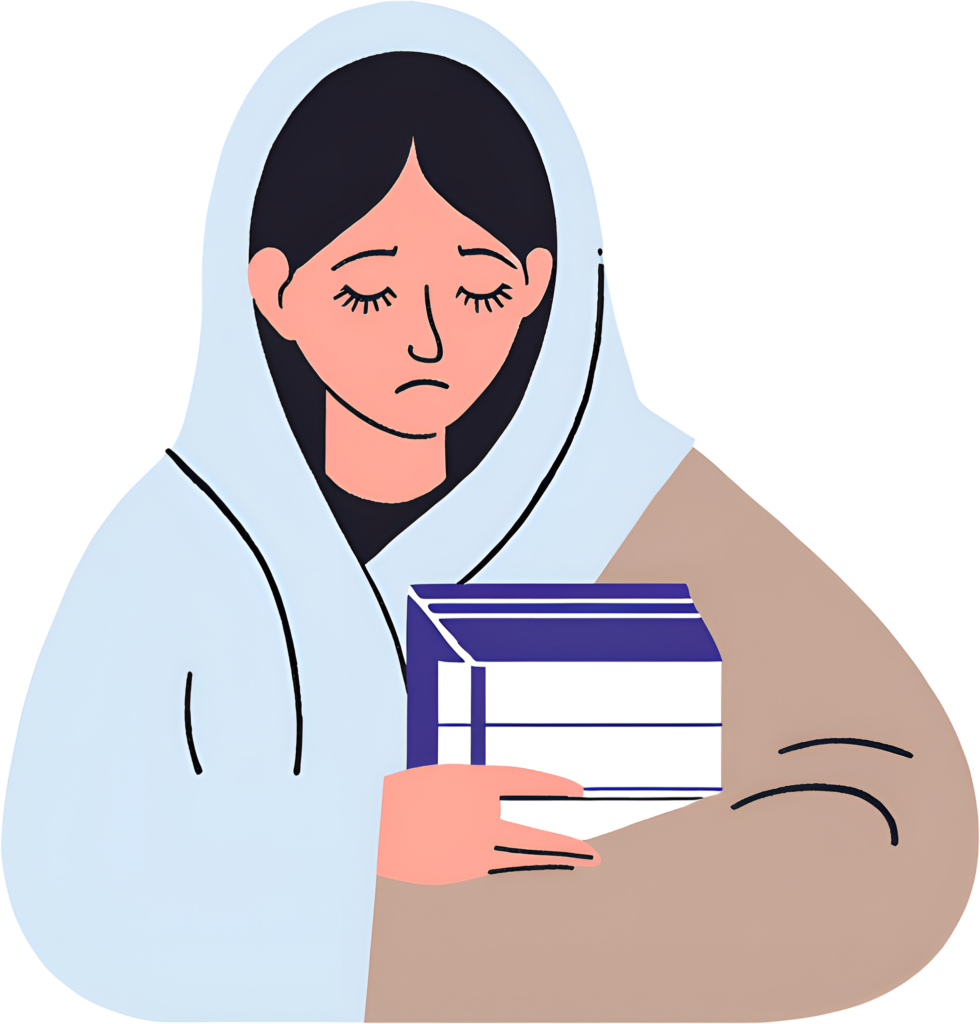
September 12: Barred young women and girls from attending secondary education.
Affected: Approximately 1.1 million young women and girls.
September 17: Dissolved the Ministry of Women’s Affairs.
Affected: Nearly 500 employees and the broader impact on millions of women relying on the ministry for support.
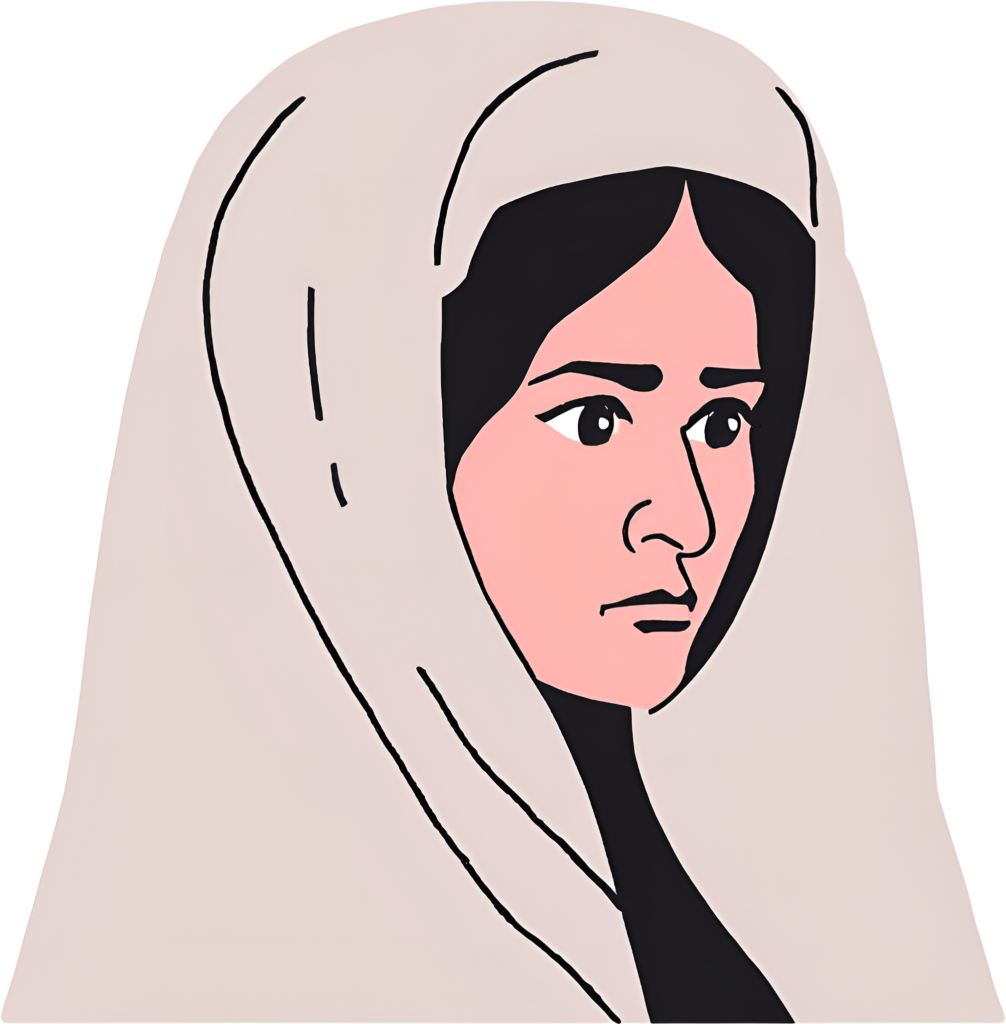
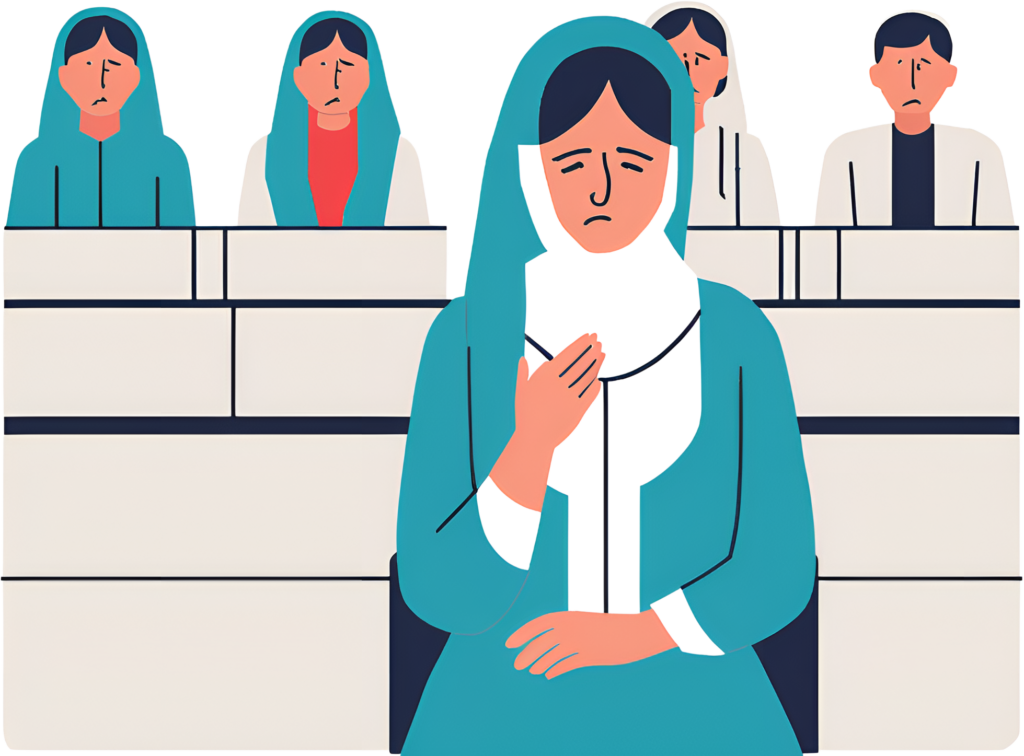
September 29: Restricted women from attending or teaching at Kabul
University.
Affected: Around 5,000
female students and faculty.
October – December 2021
October: Imposed gender segregation in workplaces and universities.
Affected: All working and studying women, approximately 3 million.
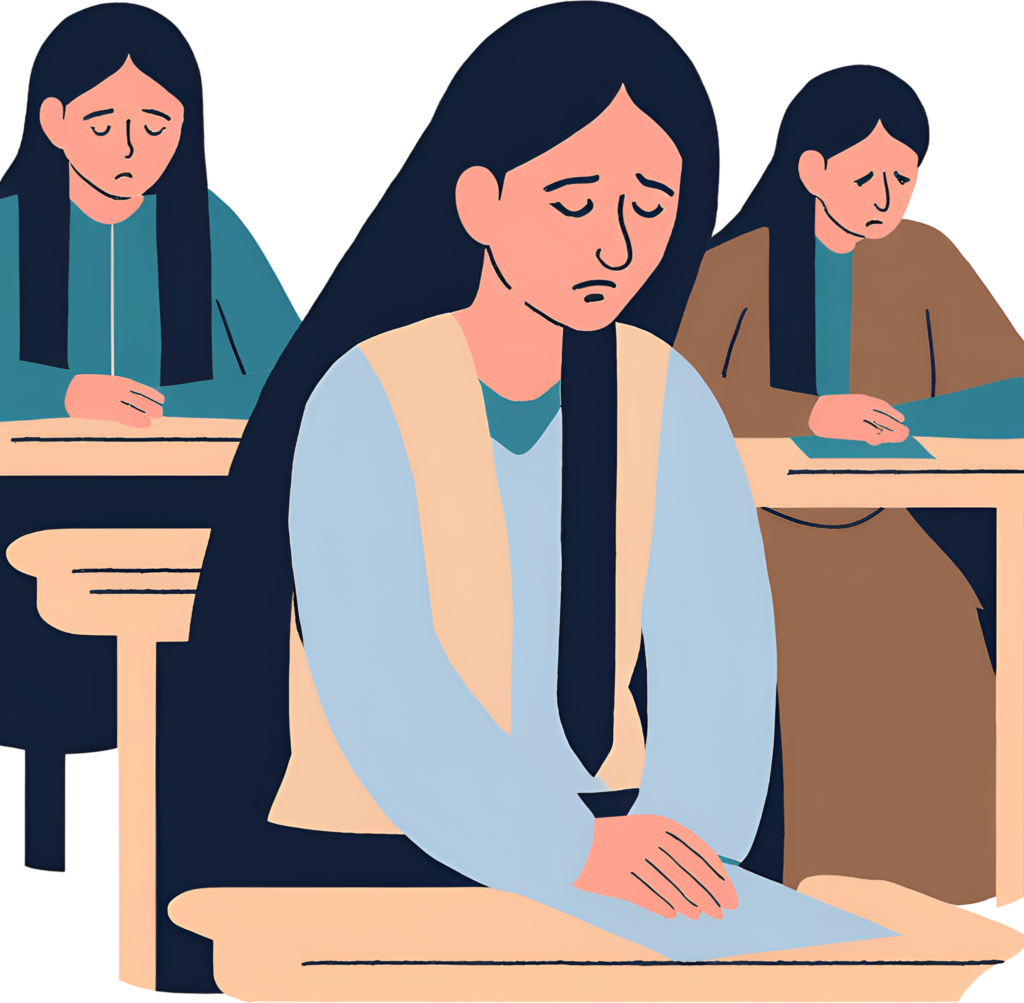
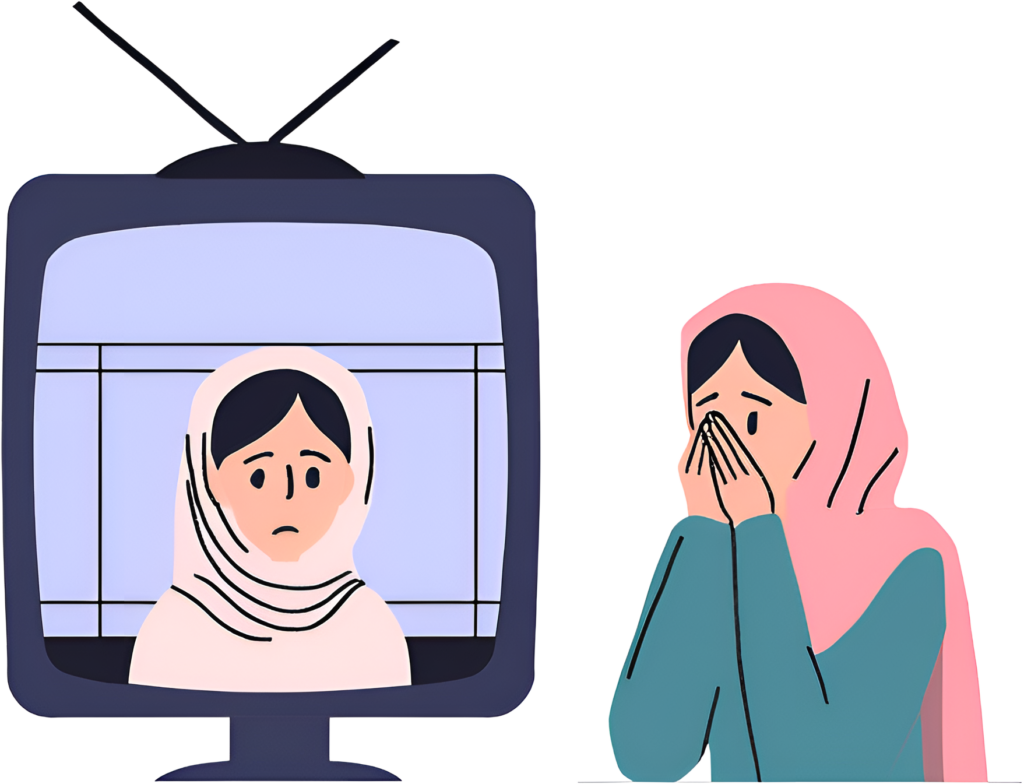
November: Severely restricted women’s presence in media roles.
Affected: About 1,000 women in media and journalism.
December: Required women to be accompanied by male family members when traveling more than 72 km.
Affected: All adult women, approximately 10 million.
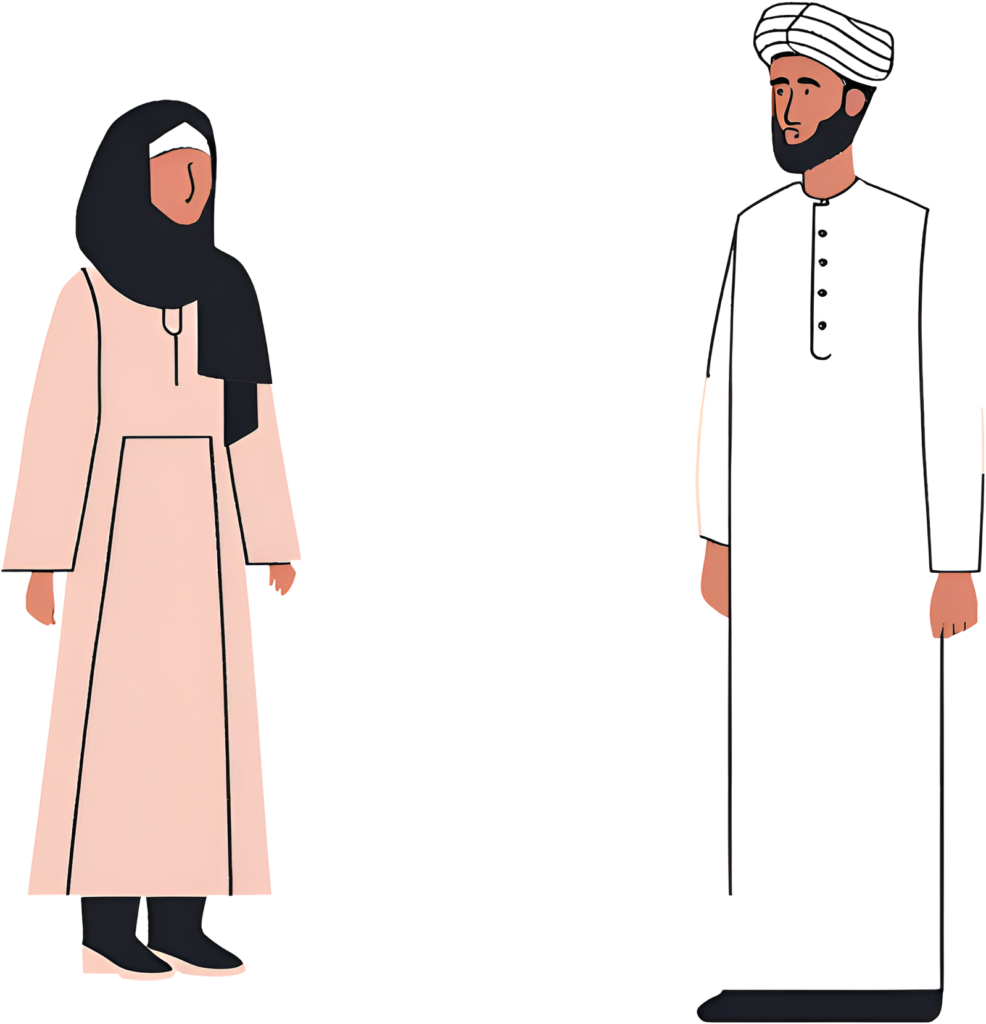
2022

January: Women are banned from public parks.
Affected: All women, about 18.5 million.
March 23: Canceled the reopening of secondary schools for young women and girls.
Affected: 1.1 million young women and girls.
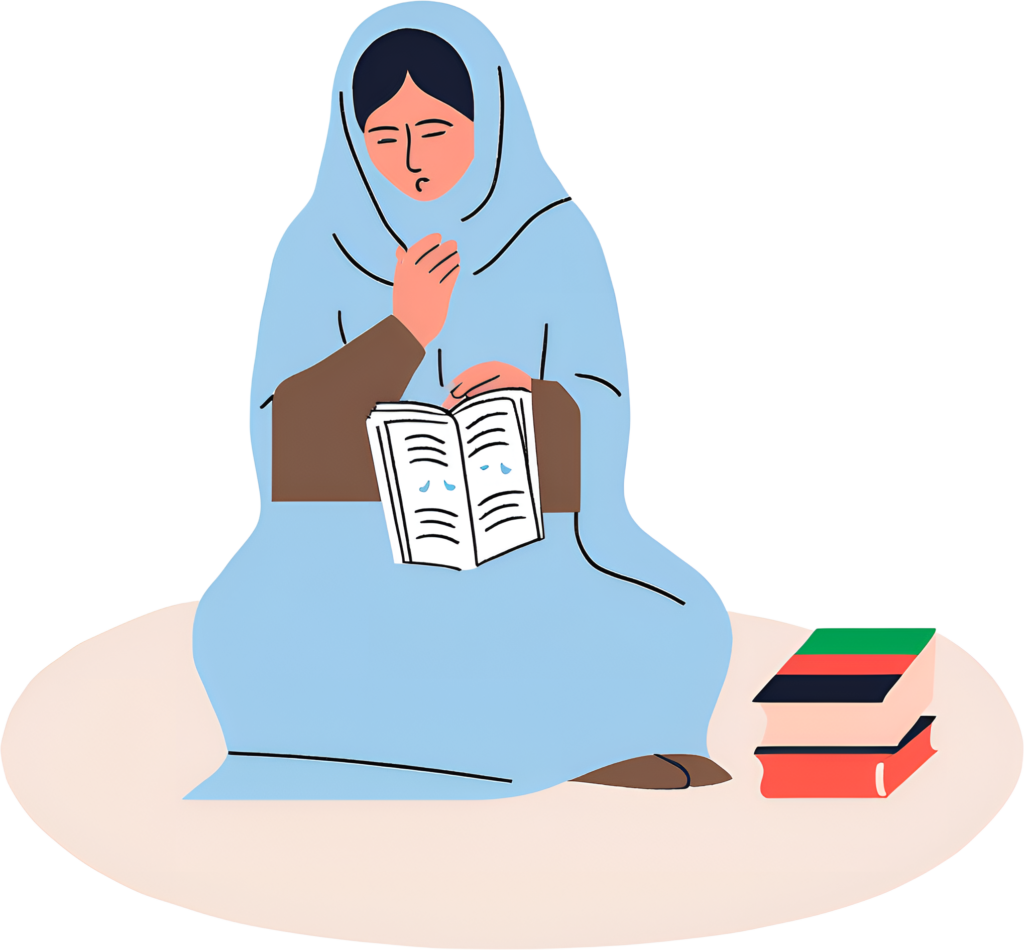

May 7: Instituted a decree mandating full-body coverings in public.
Affected: All women and girls, approximately 18.5 million.
May: Penalties for noncompliance with hijab regulations.
Affected: All women and girls, approximately 18.5 million.
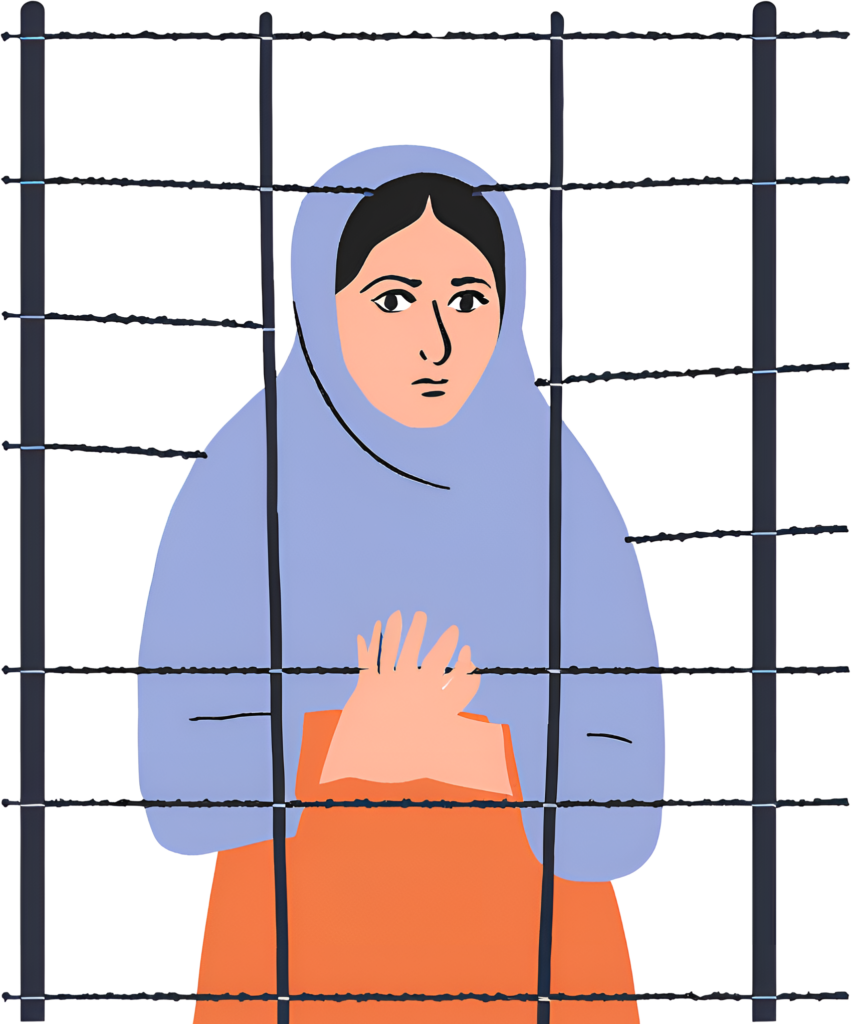
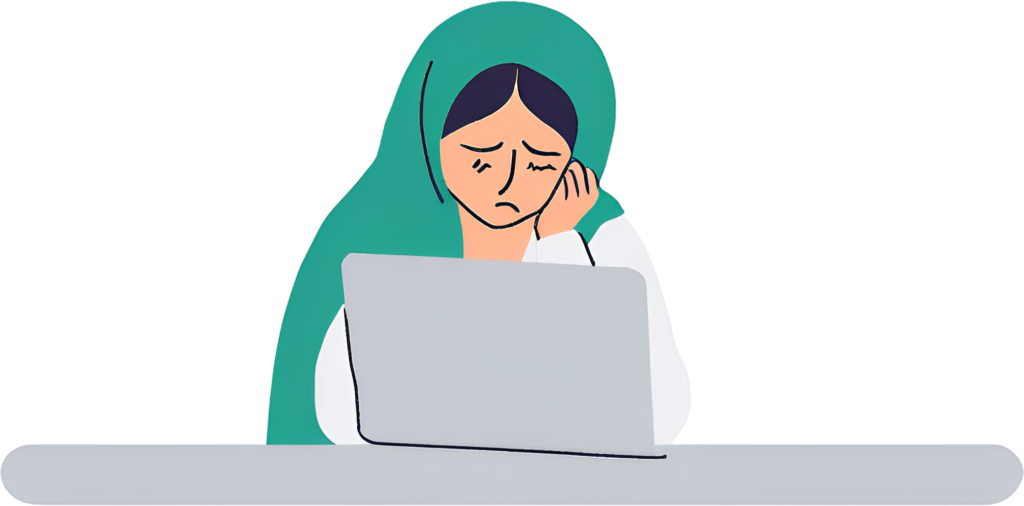
December 24: Banned women from working in NGOs.
Affected: About 100,000 female
NGO workers.
2023
April 4: Prohibited Afghan women from working with the UN.
Affected: About 3,300 female workers.
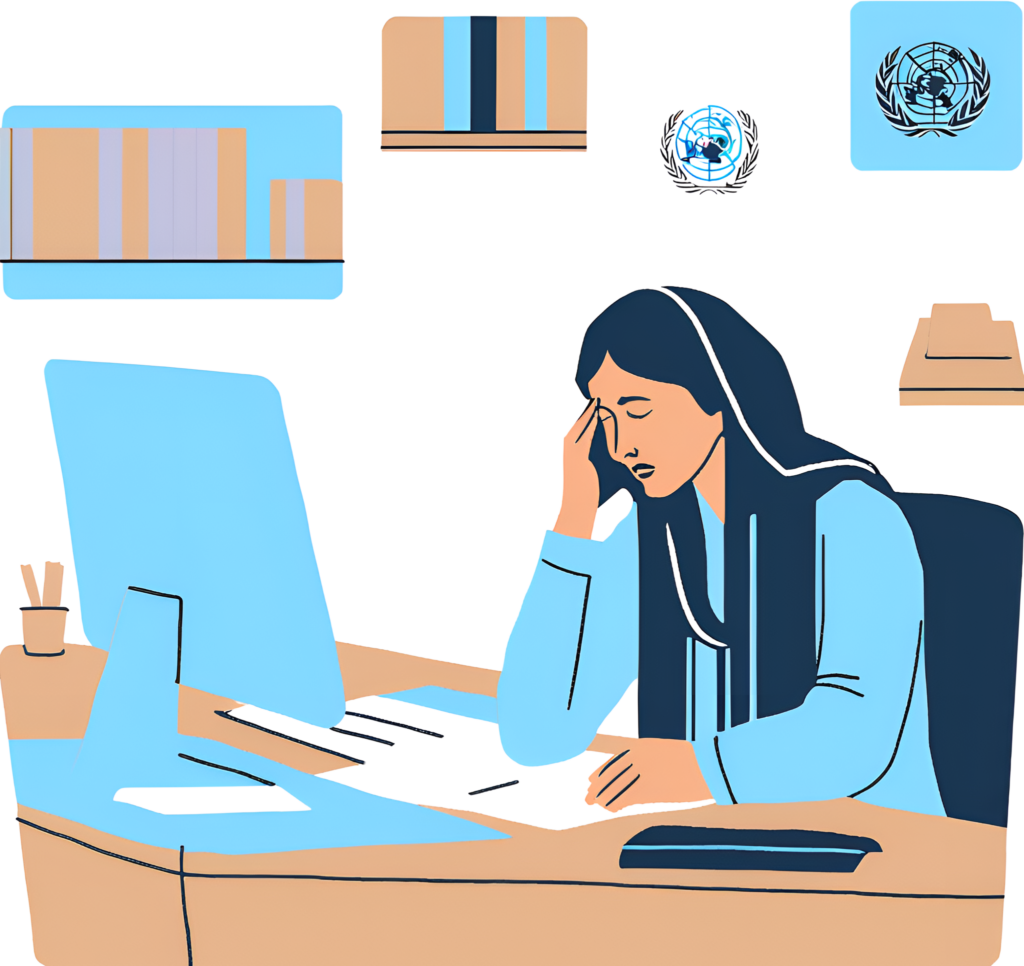
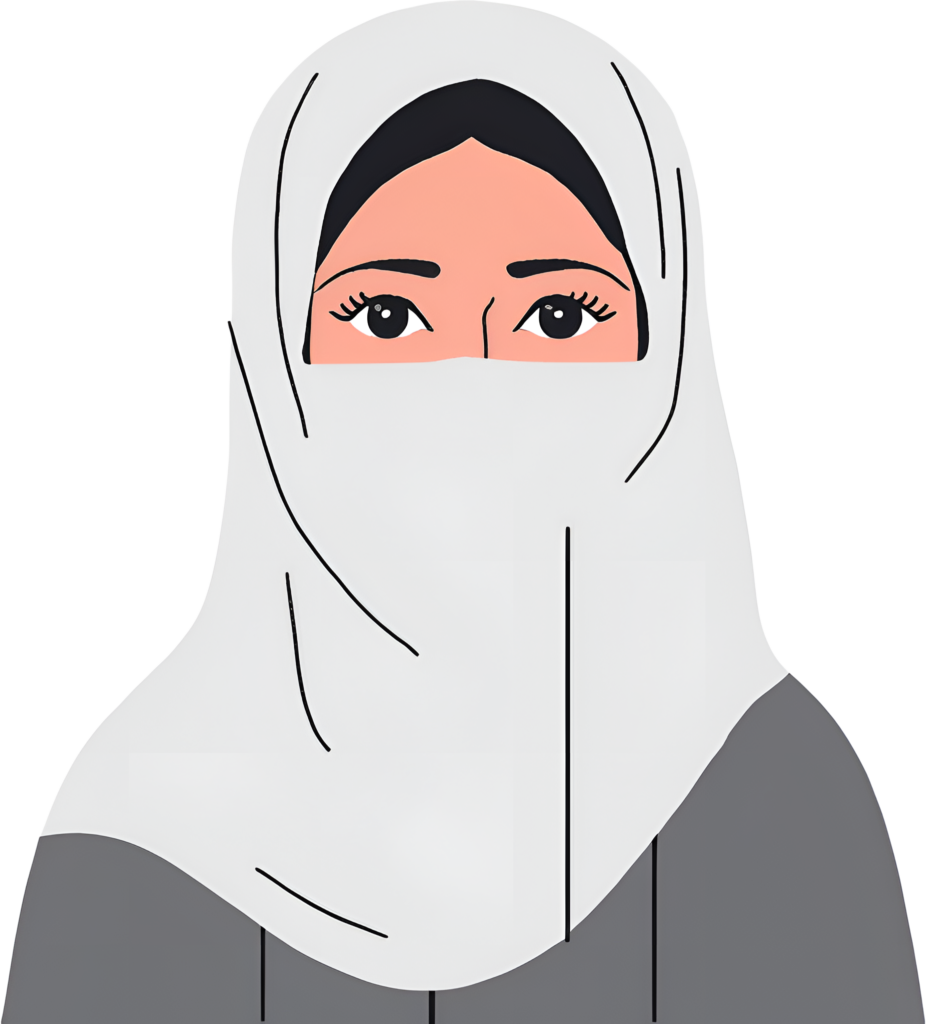
April: Stricter hijab dress code and barred women from public spaces.
Affected: About 18.5 million women and girls.
June: Prohibited women from visiting the Band-e-Amir National
Park.
Affected: Around 20,000 annual female visitors.
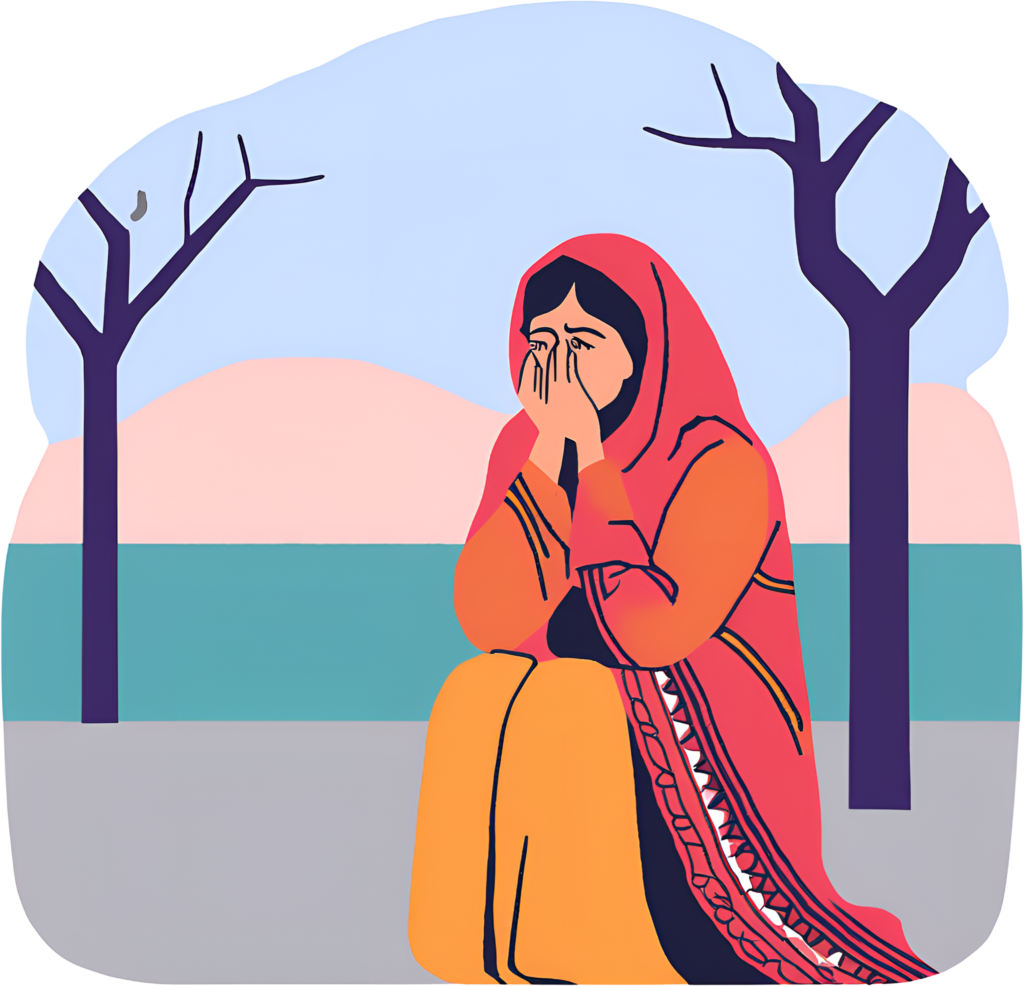
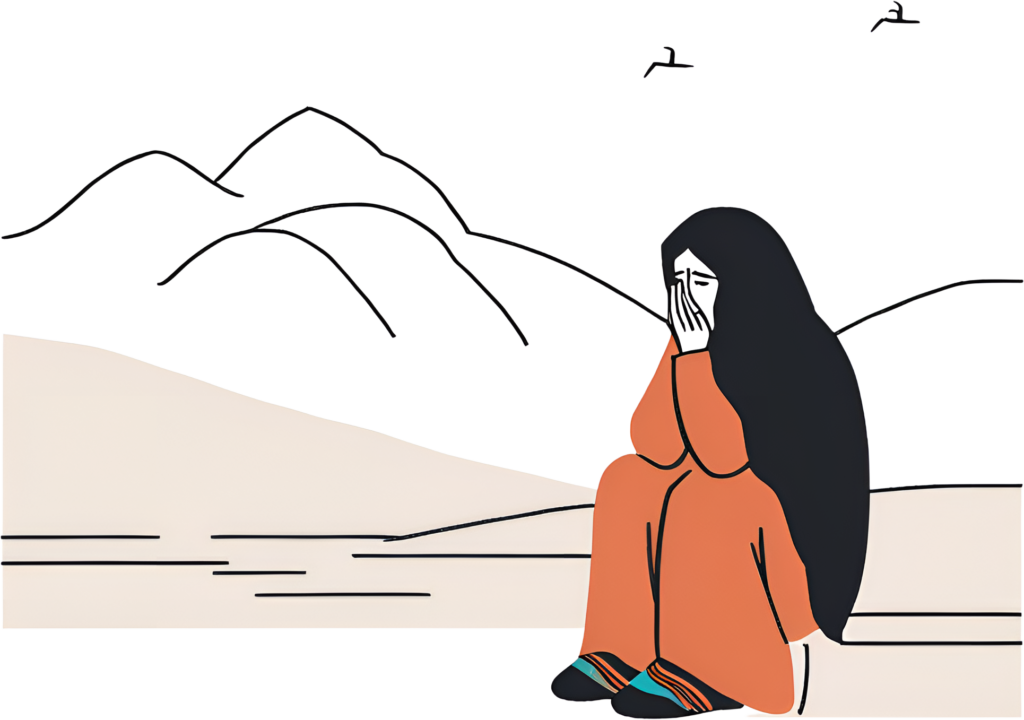
July: Increased restrictions on women’s ability to travel without a male relative.
Affected: All adult women, approximately 10 million.
August: Harsher penalties for not wearing a face covering.
Affected: All women, impacting about 18.5 million.
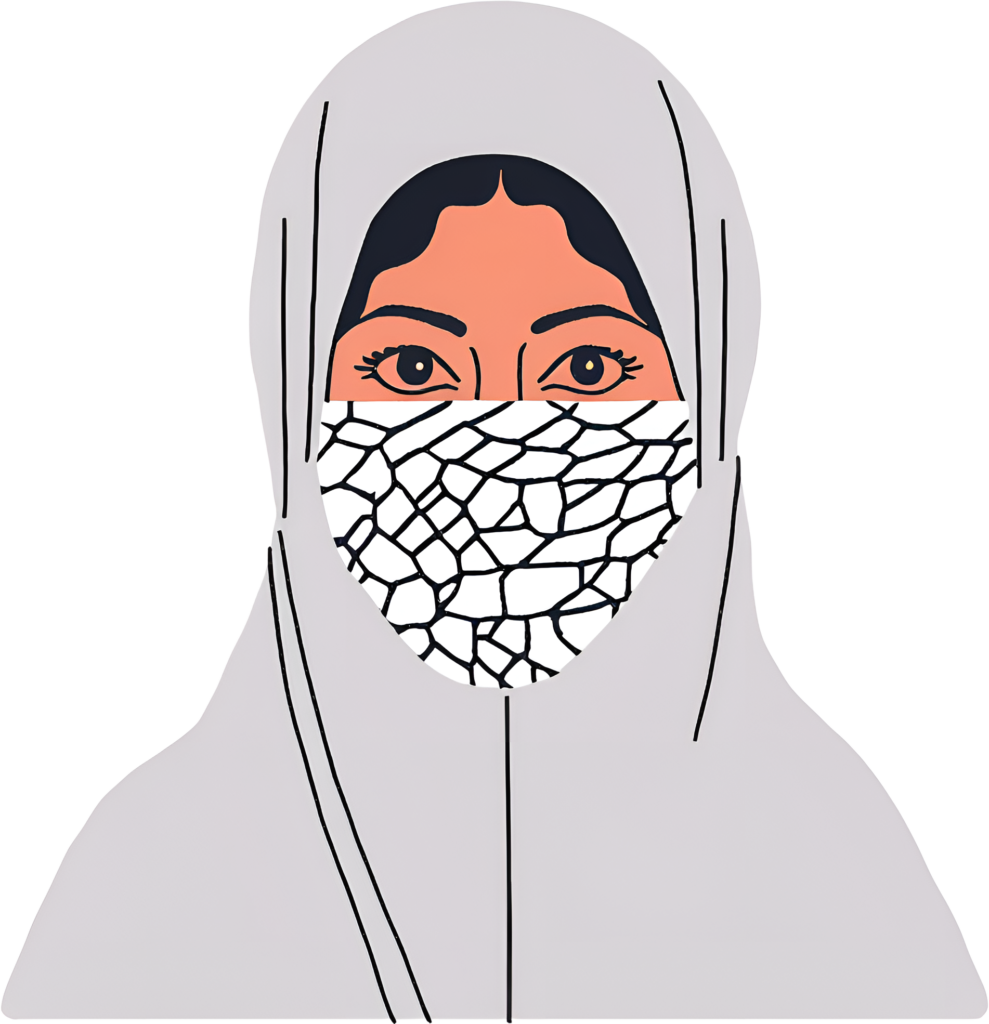
2024
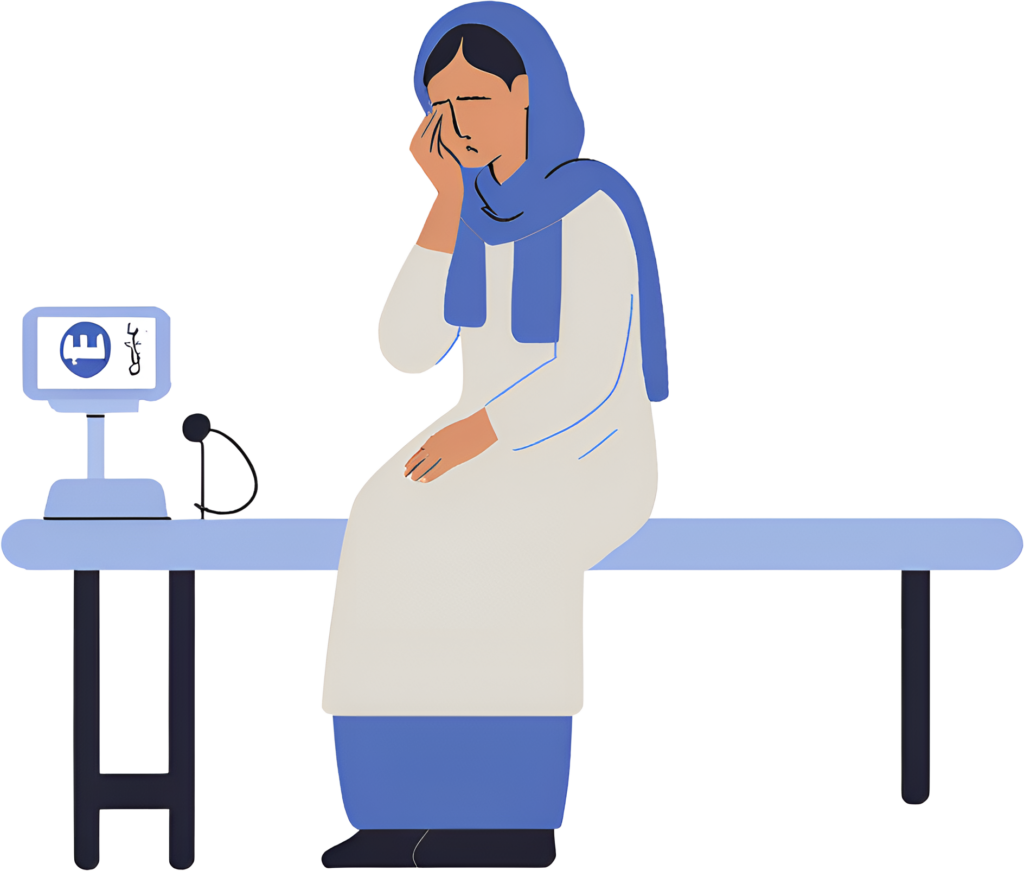
January: Restrictions on women working in health facilities.
Affected: Approximately 20,000 women.
July: Restrictions on women working in Women-Only Restaurants.
Affected: Approximately 10,000 women.
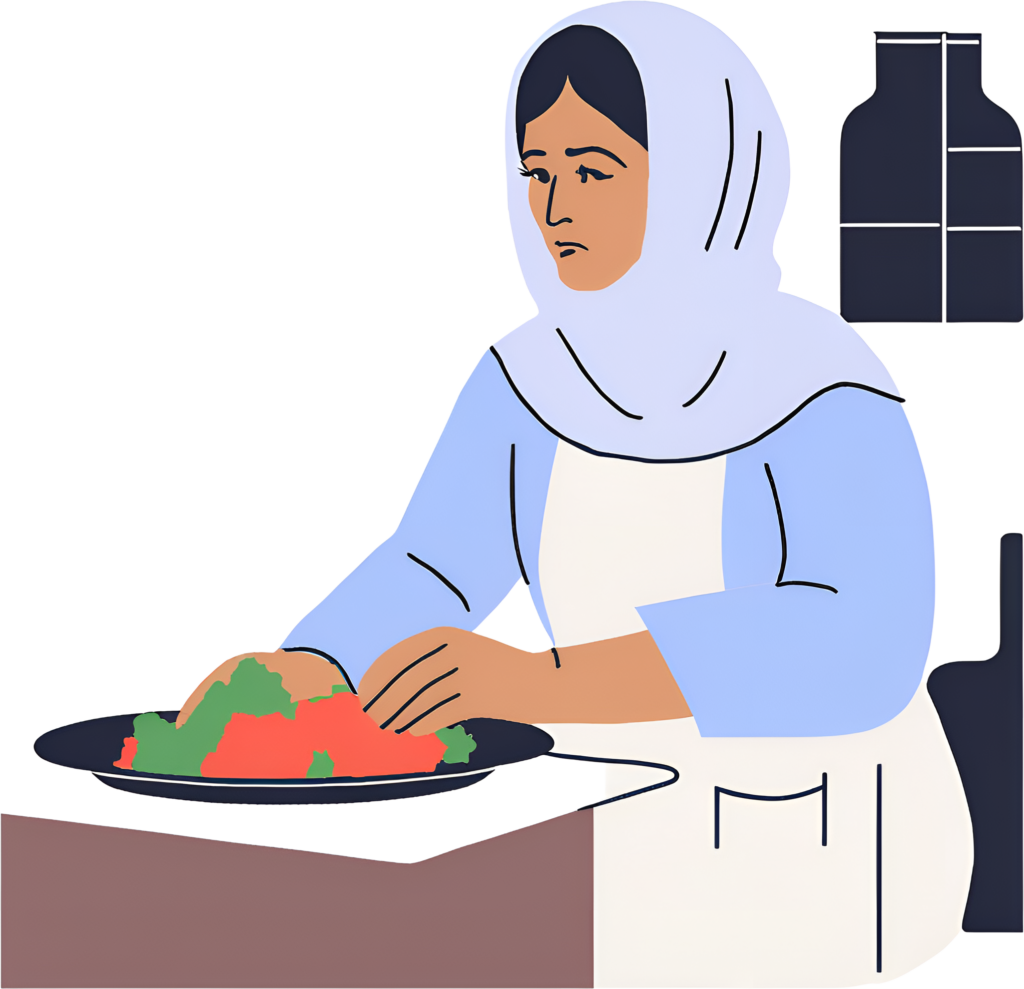
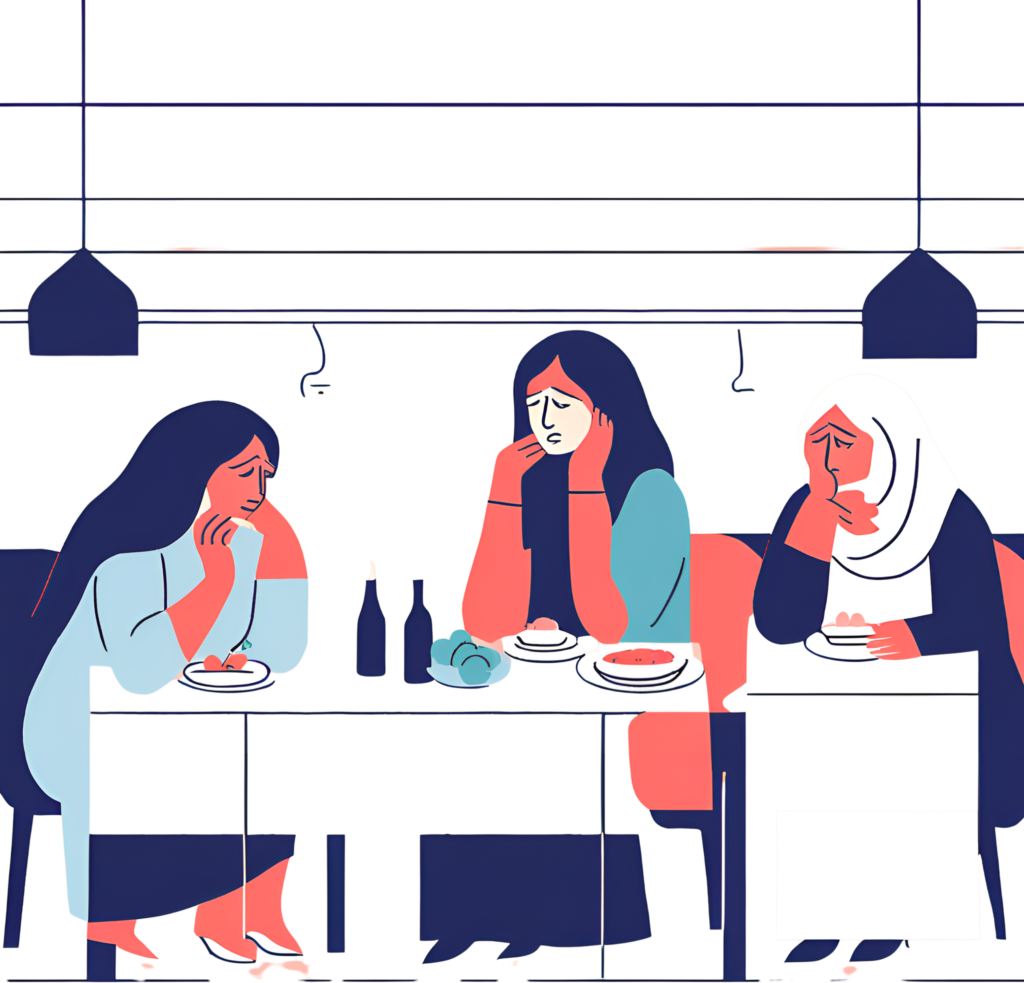
July: Women only restaurants, the last social spaces for women, are gone.
Affected: Thousands of women customers.


